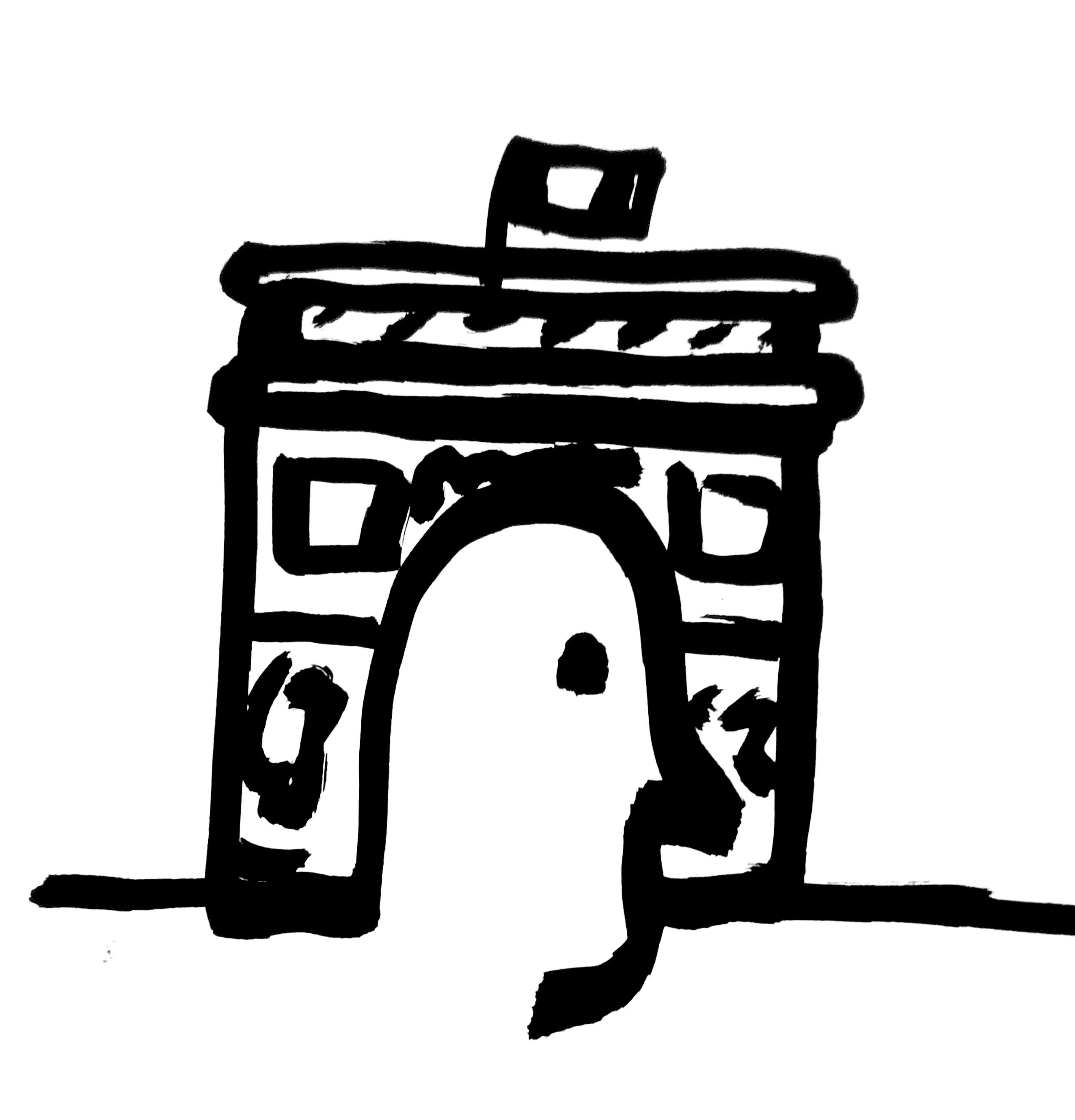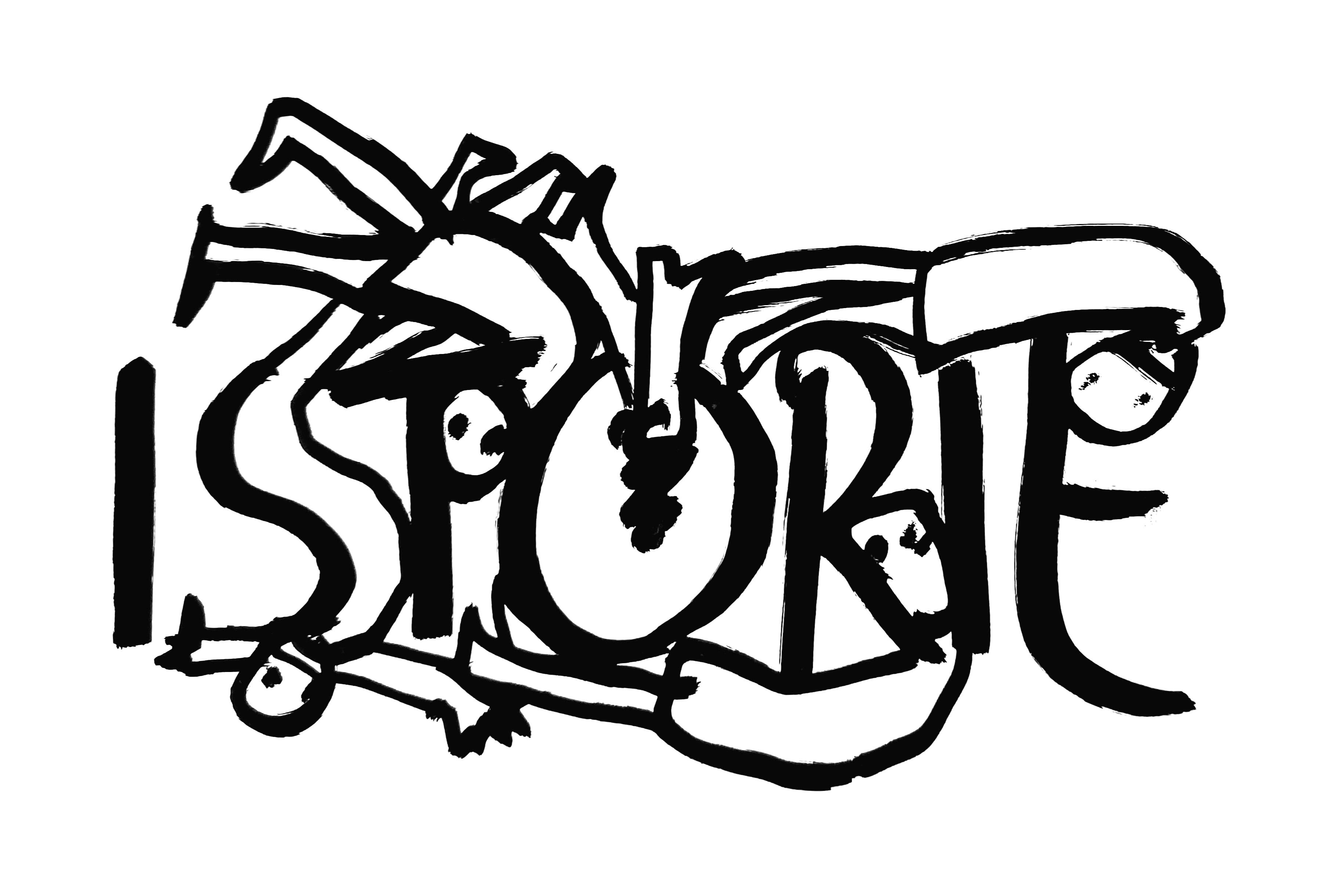Pe aceeași temă

In the mid-1980s I was contacted by a Canadian journalist who was about to visit Hungary. I suggested to him that there were in reality two views of Hungary - the publicly sanctioned view, that Hungary was the scene of a “liberal” communism, where things really were moving in the right direction, and the alternative perspective, that Hungary was rapidly decaying and the political system was less and less capable of sustaining itself. If he was happy with the former, I said, let’s just enjoy lunch and he could get what he wanted from official sources and the cuttings. No, no, he insisted, he really was interested in the alternative version, which I then recounted to him, basing myself on social science research and samizdat. He took copious notes and I was quite encouraged, until I saw what he had written - there had really been no need for him to leave Toronto at all, he could have written the lot from official handouts. Still, I thought, the lunch had been a good one. On reflection, though, I learnt a lesson about the power of groupthink, about the extreme difficulty of challenging the accepted narrative and, maybe, that the university environment was misleading, because there I was free to pursue alternative analyses.
The deeper analytical argument to be drawn from the foregoing was that the West, the captive of its established view of the communist world, was woefully unprepared for the events of 1989. When things began to move that year, the dominant interpretative framework could not make sense of them. If communism, like diamonds, is for ever, then what was the meaning of the Round Table negotiations in Poland and the agreement of April 3rd that elections would be allowed with some candidates not approved by the party? And what was the meaning of the declaration in January 1989 that in Hungary the events of 1956 were no longer to be seen as a “counter-revolution”, but as a “popular uprising”? For me it was clear that this spelled the end of communism as I had known it, because in Poland the party had given up its monopoly of institutional control and in Hungary the party had abandoned its claim to rule the country - if 1956 really was a popular uprising, then what was the party that had suppressed it still doing holding on to power, 33 years later? But mine was an isolated view, though to be fair, events rapidly forced many others to adopt a standpoint close to mine, that communism was finished and that the chances of establishing genuine democracy - as opposed to People’s Democracy - were real. Even so, the weight of the past could not be sloughed off that easily and for a good bit of time, the primary question in people’s minds focused on the dangers of a communist restoration, rather than looking at what kind of a social order and system communism had actually created.









